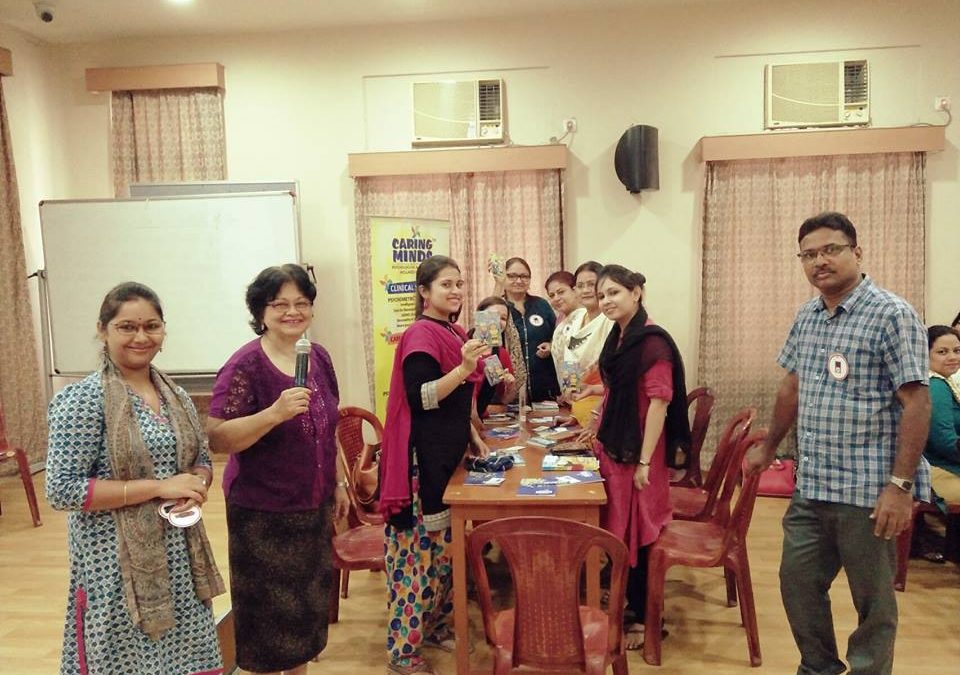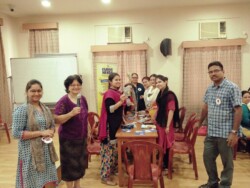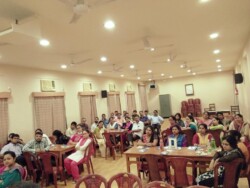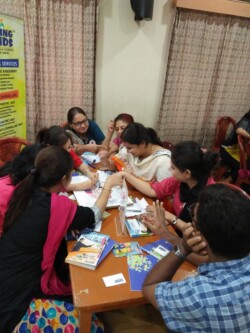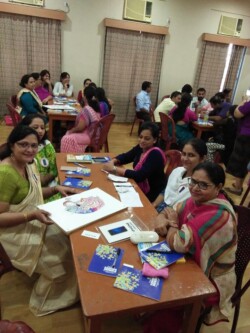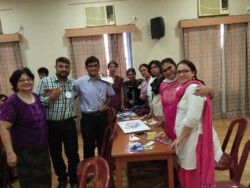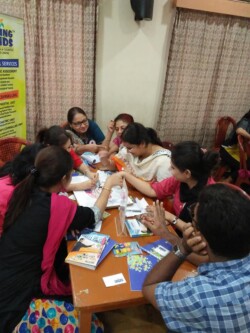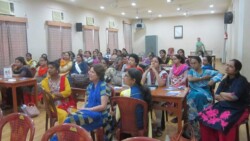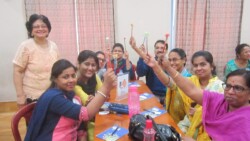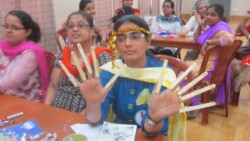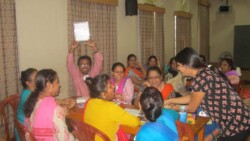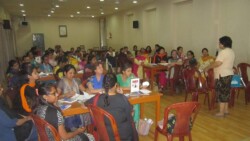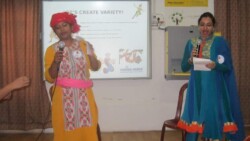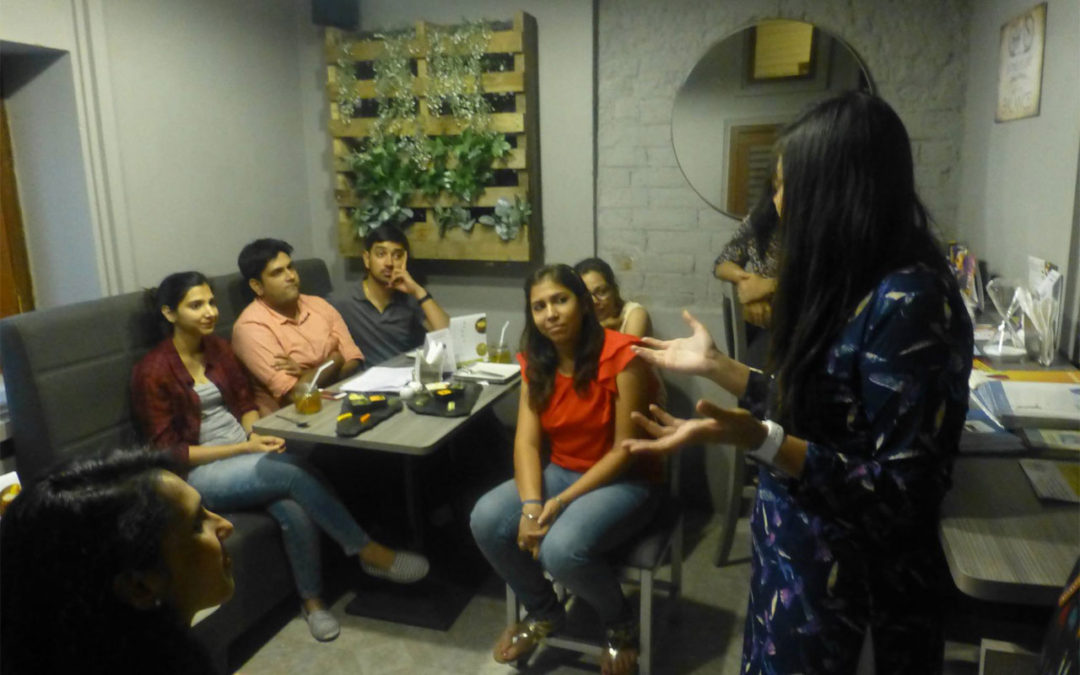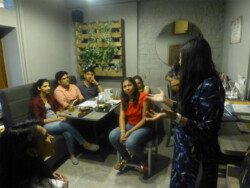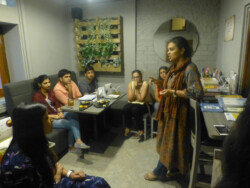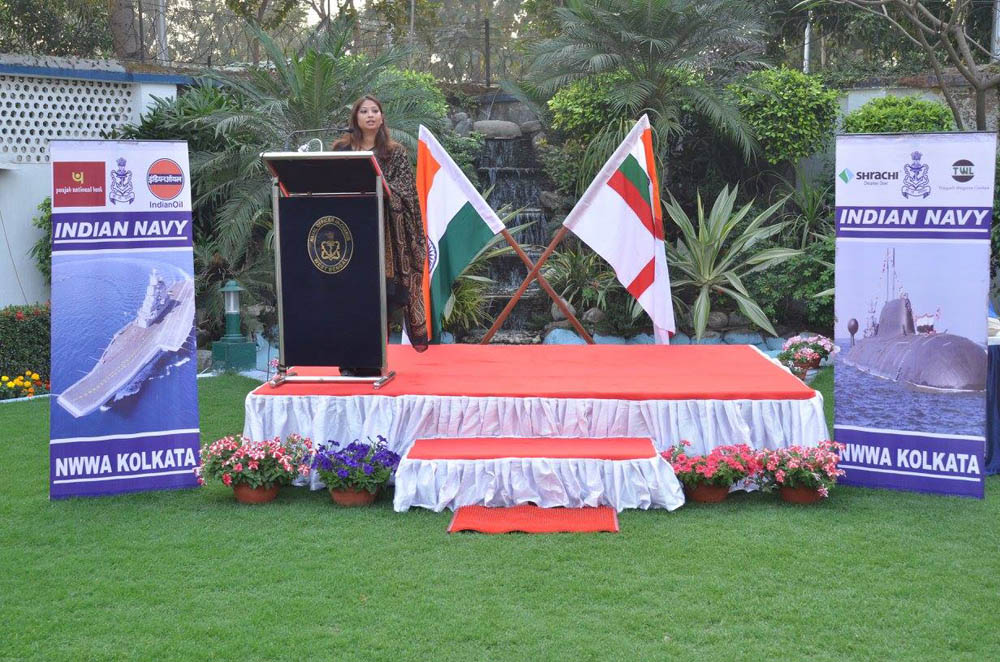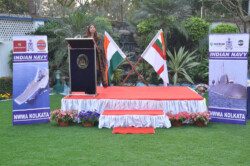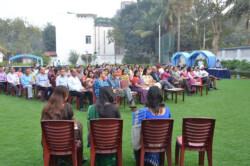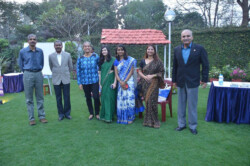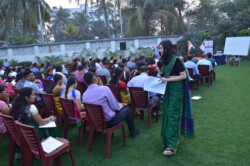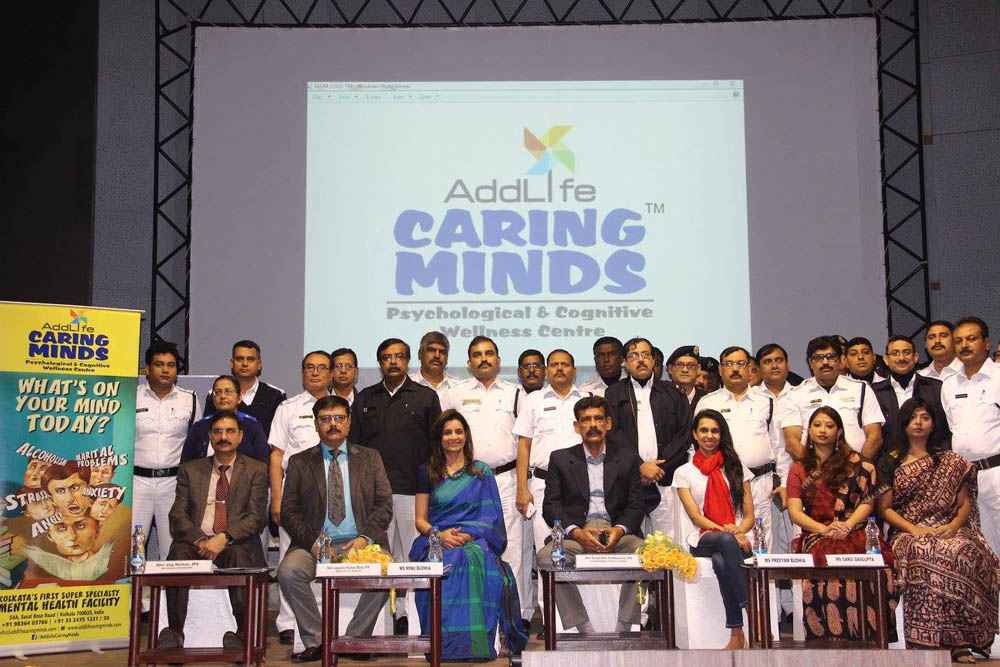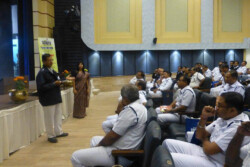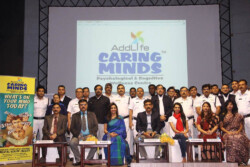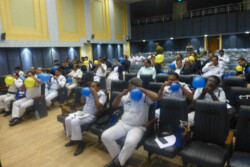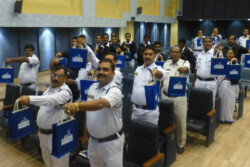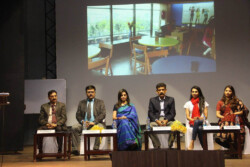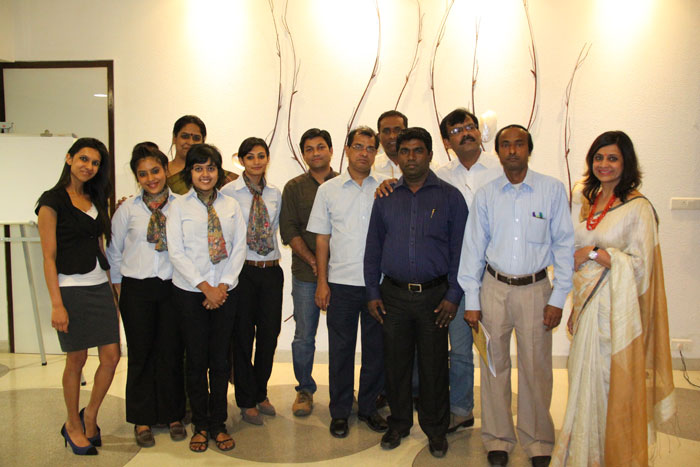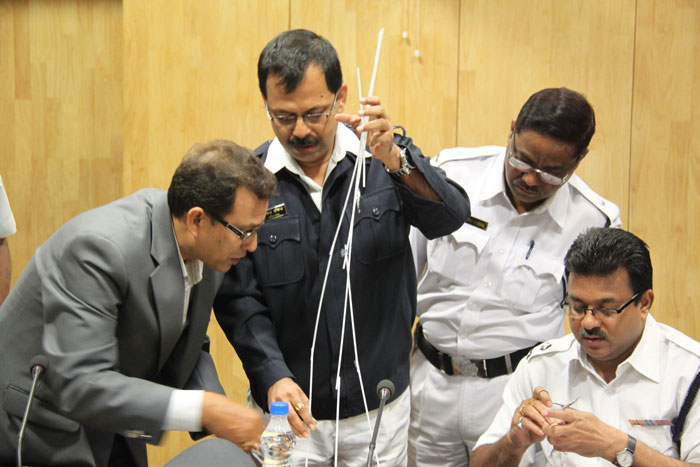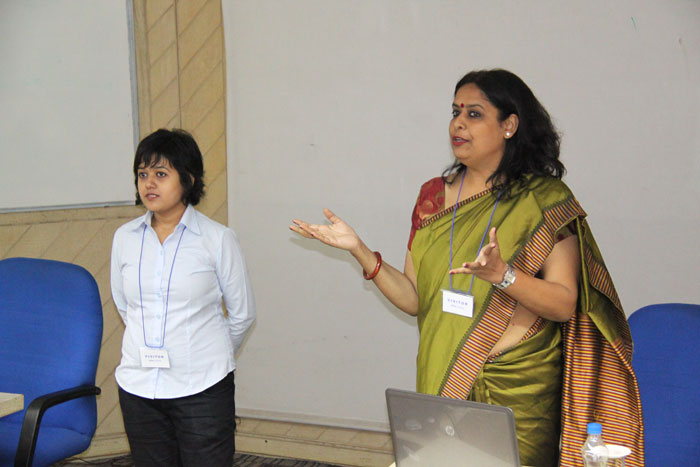Intra-Organizational Communication
Caring Minds conducted a Training Program with Ambuja Realty on Intra-Organizational Communication, Assertiveness Training and the Art of Delegation on the 8th of March, 2013.
This training program was developed to educate employees on the concept of Intra-organizational communication. Effective communication, coherent exchanges of communication is the key to an individual’s and an organisation’s success. The workshop was designed to train delegates to understand the importance of communicating clearly and efficiently in their professional lives, and to help them acquire good communication skills.
In the workshop, the delegates were trained on good speaking and listening skills. The workshop was a blend of activities and theory; the focus being on learning through activities. The delegates were a very enthusiastic, open-minded and inquisitive group who participated in the workshop whole-heartedly.
We greatly appreciated the group of Delegates and their openness to experience, candour and lack of rigidity in thinking. This workshop was a grand success due to their willingness to receive all the information and give their view point on the topics discussed freely and openly. The workshop was a highly interactive session, consisting of Role plays, mimicry and Spoofs demonstrated by the Delegates on Communication within the office. On the whole, this Workshop was a grand success.
Facilitators: Devlina Lahiri and Michelle Manuel.
Non Verbal Communication
The importance of non verbal communication in organizational settings was discussed picturesquely. How well we create an impression on the other person is an important facet of our every day organizational dealings.
The discussed nonverbal tenets included the following: Touch- glance – eye contact (gaze) – volume- vocal nuance- intonation – proximity- haptics – gestures – facial expression – pause (silence) – dress- posture – smell – word choice and syntax – sounds (paralanguage)
It is one of the key aspects of communication and some of the discussed importance of nonverbal communication included – repeat the verbal message – to accent a verbal message – complement the verbal message but also may contradict – regulate interactions – substitute for the verbal message, gestures & facial expressions.
As we reiterated the fact that it’s not what we say it’s always how we say it
Facilitator: Tanaya Chatterjee
The Role Of Mood And Personality In Intra-Organizational Communication
How our mood and personality influences our communication with others was explored through a discussion of Transactional Analysis – a theory for personality and communication. The participants acted out scenes where each of the three ego states – Parent, Adult and Child was evoked. The physical and verbal cues that provide insight into one’s current Ego State during interactions were explored through an interactive session with the audience. The participants were able to identify the effectiveness of Complementary and Crossed Transactions. Some strategies to alter the Ego State during interactions were discussed as a means of enhancing the efficacy of daily communication. Adult to Adult Transaction was emphasised as it leads to assertive communication.
Facilitator: Pompi Banerjee
The importance of organisational communication is equally important from the perspective of both verbal , non verbal and mood and personality with which each adult unknowingly passes through and the feedback equally becomes important based on how the recipient is responding to the sender . Assertive behavior or assertiveness is a trait which needs to be developed to understand the environment and to handle critical situations in a smoother way. The assertive communication is a way to learn and implement an uniform , positive influence which promotes an organisational parity among individuals who belong to different strata of the society and have passed through different organisational compliance and where the adaptation to a new surroundings becomes equally very important .
Facilitator: Sangita Sarkar
